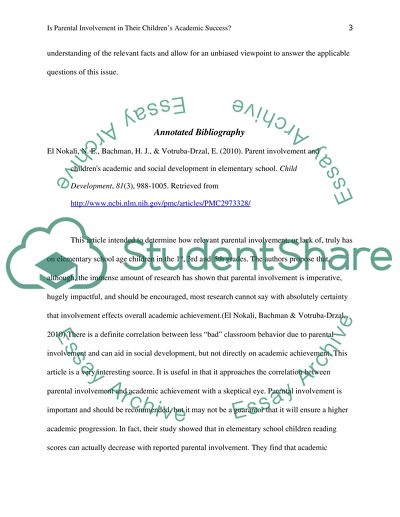Cite this document
(“What effects does parental involvement have on low income families or Annotated Bibliography”, n.d.)
What effects does parental involvement have on low income families or Annotated Bibliography. Retrieved from https://studentshare.org/education/1618246-what-effects-does-parental-involvement-have-on-low-income-families-or-does-parental-involement-have-an-effect-on-educational-achievement
What effects does parental involvement have on low income families or Annotated Bibliography. Retrieved from https://studentshare.org/education/1618246-what-effects-does-parental-involvement-have-on-low-income-families-or-does-parental-involement-have-an-effect-on-educational-achievement
(What Effects Does Parental Involvement Have on Low Income Families or Annotated Bibliography)
What Effects Does Parental Involvement Have on Low Income Families or Annotated Bibliography. https://studentshare.org/education/1618246-what-effects-does-parental-involvement-have-on-low-income-families-or-does-parental-involement-have-an-effect-on-educational-achievement.
What Effects Does Parental Involvement Have on Low Income Families or Annotated Bibliography. https://studentshare.org/education/1618246-what-effects-does-parental-involvement-have-on-low-income-families-or-does-parental-involement-have-an-effect-on-educational-achievement.
“What Effects Does Parental Involvement Have on Low Income Families or Annotated Bibliography”, n.d. https://studentshare.org/education/1618246-what-effects-does-parental-involvement-have-on-low-income-families-or-does-parental-involement-have-an-effect-on-educational-achievement.


